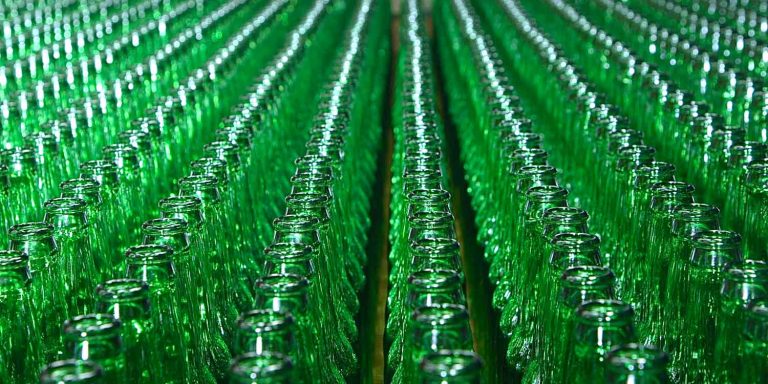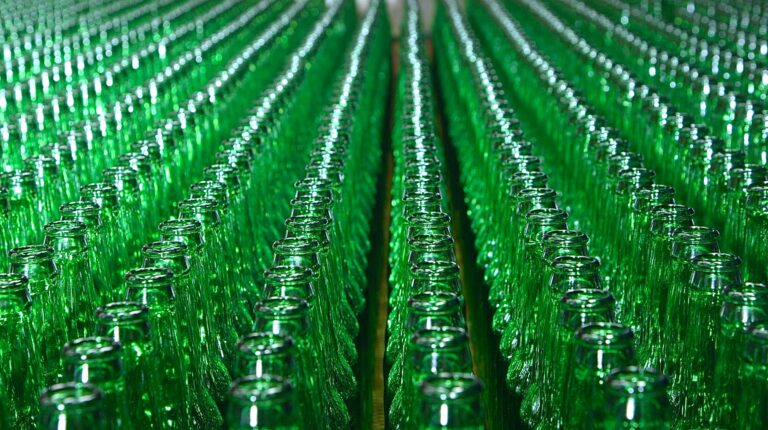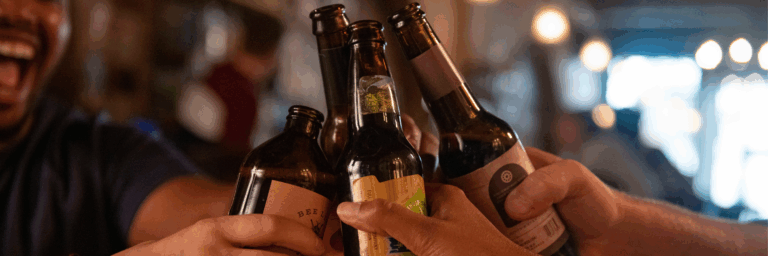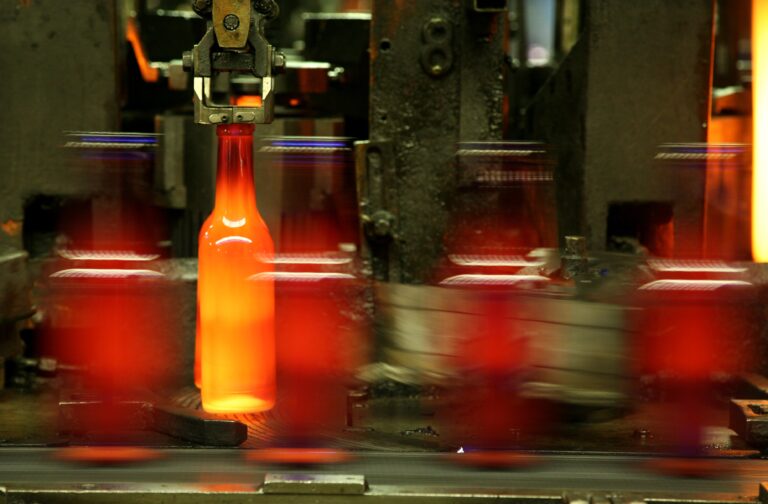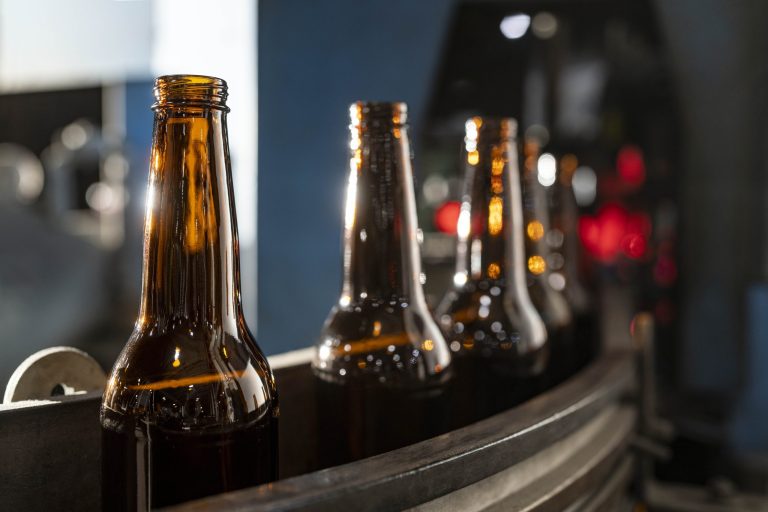The following article attributes several quotes from food and beverage trade publications and traditional news organizations.
The United Kingdom’s packaging EPR scheme was introduced in 2025 with good intentions: lessen hard to recycle packaging while promoting recycling by incentivizing sustainable packaging. But as food and beverage producers receive their first invoices, the reality is that the UK’s packaging EPR scheme will have the unintended consequences of pushing brands into less sustainable packaging like plastic.
Flawed UK Packaging EPR Structure
The UK packaging EPR scheme works by charging food and beverage producers based on the packaging they use. More than 70% of British citizens support policies that increase sustainability and help address climate concerns. The government projects the EPR policy will bring in £1.4 billion that will ultimately make the system stronger by creating thousands of jobs and collecting and sorting recyclables and waste.
While everyone agrees recycling waste is good, the issue is how the UK packaging EPR scheme was structured. Under the UK’s policy, fees to producers are based on weight and don’t consider a material’s overall lifecycle.
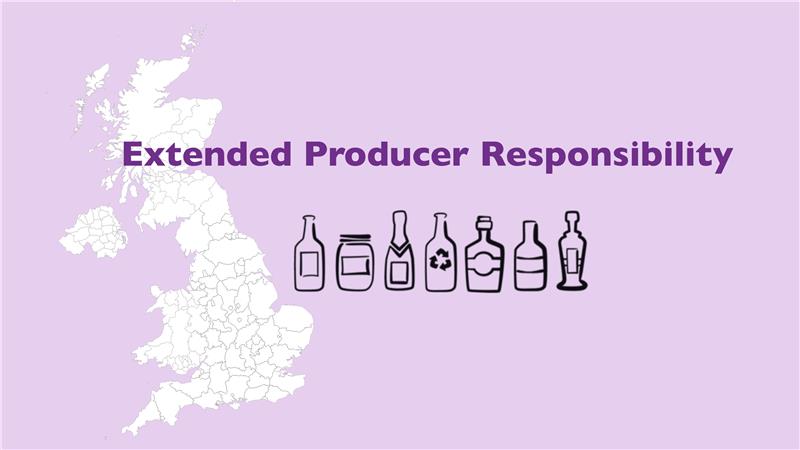
While glass typically weighs more than plastic and aluminum, a material’s circularity, a material’s circularity should never be judged on weight; volume is a much more accurate measure of collection and processing needs.
Glass packaging is 100% recyclable and infinitely recyclable, meaning it can be recycled again and again without losing quality. Not to mention, consumers prefer their packaging to be in safe, sustainable, and glass.
In fact, experts would argue glass should not be included in the new scheme since it is a precious raw material, not waste. Recycled glass, called “cullet,” is valuable to glass packaging makers like O-I because it’s a main ingredient used to create new glass bottles and jars. As the amount of recycled content increases in a batch, the furnaces require less heat to melt it, which also decreases emissions.
Policy makers also didn’t take into account that glass is well-recycled in the UK. In 2024, glass recycling rates were 76.5%, making it the most recycled material – higher than aluminum and much higher than plastic.
Unintended Consequence of UK Packaging EPR Weight Structure
Instead of encouraging sustainability, the UK packaging EPR weight-based structure could force brands into less circular plastic – simply due to weight — undermining the EPR’s scheme objective.
Freddie Joosten, Associate Director of Environmental Policy at the Wine and Spirit Trade Association (WSTA), was quoted in the Spirits Business as saying: “The glass fee is far too high and is encouraging less recyclable alternatives, which is costly for businesses, while undermining the policy aims of EPR.”
Isle of Wight Distillery packages its Mermaid Gin in a brand-defining green glass bottle. Charity Parker, Isle of Wight Distillery Compliance and Sustainability Manager, echoes Joosten’s concerns. In a BBC interview, Parker is quoted as saying: “We have created glass bottles to be reused and to go back into the circular economy. It would actually be cheaper to put our liquid into plastic bottles.”
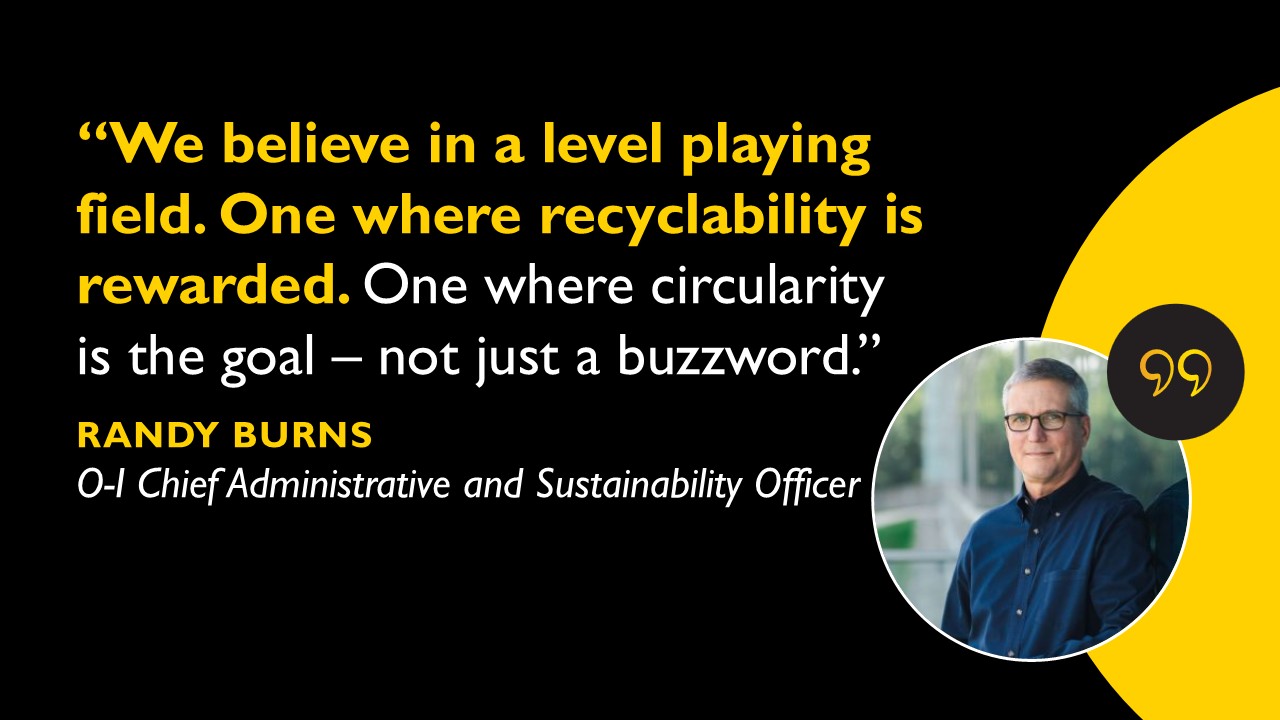
The UK packaging EPR’s focus on weight isn’t the only way the policy creates an unfair playing field. Glass packaging makes up around 5% of total packaging volume in the UK, but the material will be responsible for 30% of the total cost of the EPR.
Miles Beale, Chief Executive of the WSTA, is quoted by the BBC: “We think it shouldn’t necessarily be about weight and you want to avoid encouraging packaging being in other materials that are less recyclable.”
The timeline creates yet another layer of complexity. Glass packaging faces full EPR costs now while plastic and aluminum enjoy a reprieve until their materials are put into a deposit return system which is proposed for 2027.
“Glass is still carrying more than its fair share of the system’s cost—while aluminum and PET get a free pass,” says O-I Chief Administrative and Sustainability Officer Randy Burns. “We believe in a level playing field. One where recyclability is rewarded. One where circularity is the goal—not just a buzzword.”
Calls for a Balanced UK Packaging EPR Policy
Industry leaders, from distillers to trade associations to the hospitality sector, are speaking up. Their call is not just for lower fees, but for an approach that rewards recyclability and circularity, while not placing increased burdens on their businesses
“The invoices that were just released are a huge wakeup call – not only for producers, but for consumers – as they do not want to see their favorite food and beverage products shift into plastic, jeopardizing UK manufacturing jobs,” says Brian Sernulka, O-I’s Government Affairs Manager.
The message from glass advocates is clear: by disproportionately penalizing glass, a material that is endlessly recyclable and central to a circular economy, the UK packaging EPR scheme will inadvertently push brands toward less sustainable packaging options. It’s time for a balanced, evidence-based policy to ensure that glass remains at the heart of the UK’s sustainability story, supporting British jobs, protecting the environment, and delivering on the government’s promise of a truly circular economy.


